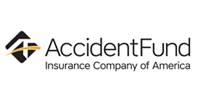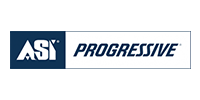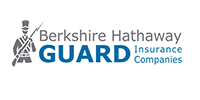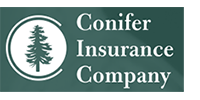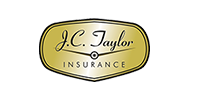Severe weather can be both frightening and dangerous for travelers. Winter storms, bad weather and sloppy road conditions are a factor in nearly half a million crashes and more than 2,000 road deaths every winter, according to research by the AAA Foundation for Traffic Safety. Drivers should know the safety rules for dealing with winter road emergencies. PKIG urges drivers to be cautious while driving in adverse weather.
PKIG & AAA recommends the following tips while driving in snowy and icy conditions:
Cold Weather Driving Tips
•Keep a bundle of cold-weather gear in your car, such as extra food and water, warm clothing, a flashlight, a glass scraper, blankets, medications, and more. Stop in to our office for a scraper or car emergency tool.
•Make certain your tires are properly inflated and have plenty of tread.
•Keep at least half a tank of fuel in your vehicle at all times.
•Never warm up a vehicle in an enclosed area, such as a garage.
•Do not use cruise control when driving on any slippery surface, such as on ice and snow.
Tips for Driving in the Snow
•Stay home if you can and only go out if necessary. Even if you can drive well in bad weather, it’s better to avoid taking unnecessary risks by venturing out.
•Drive slowly. Always adjust your speed down to account for lower traction when driving on snow or ice.
•Accelerate and decelerate slowly. Apply the gas slowly to regain traction and avoid skids. Don’t try to get moving in a hurry and take time to slow down for a stoplight. Remember: It takes longer to slow down on icy roads.
•Increase your following distance to five to six seconds. This increased margin of safety will provide the longer distance needed if you have to stop.
•Know your brakes. Whether you have anti-lock brakes or not, keep the heel of your foot on the floor and use the ball of your foot to apply firm, steady pressure on the brake pedal.
•Don’t stop if you can avoid it. There’s a big difference in the amount of inertia it takes to start moving from a full stop versus how much it takes to get moving while still rolling. If you can slow down enough to keep rolling until a traffic light changes, do it.
•Don’t power up hills. Applying extra gas on snow-covered roads will just make your wheels spin. Try to get a little inertia going before you reach the hill and let that inertia carry you to the top. As you reach the crest of the hill, reduce your speed and proceed downhill slowly.
•Don’t stop going up a hill. There’s nothing worse than trying to get moving up a hill on an icy road. Get some inertia going on a flat roadway before you take on the hill.
Tips for Long-Distance Winter Trips
•Be Prepared: Have your vehicle checked by a AAA Approved Auto Repair facility before hitting the road.
•Check the Weather: Check the weather along your route and when possible, delay your trip if bad weather is expected.
•Stay Connected: Before hitting the road, notify others and let them know your route, destination and estimated time of arrival.
If you get stuck in the snow:
•Stay with your vehicle: Your vehicle provides temporary shelter and makes it easier for rescuers to locate you. Do not try to walk in a severe storm. It is easy to lose sight of your vehicle in blowing snow and become lost.
•Don’t over exert yourself: When digging out your vehicle, listen to your body and stop if you become tired.
•Be Visible: Tie a brightly colored cloth to the antenna of your vehicle or place a cloth at the top of a rolled up window to signal distress. At night, keep the dome light on if possible. It only uses a small amount of electricity and will make it easier for rescuers to find you.
•Clear the Exhaust Pipe: Make sure the exhaust pipe is not clogged with snow, ice or mud. A blocked exhaust pipe can cause deadly carbon monoxide gas to leak into the passenger compartment of the vehicle while the engine is running.
•Stay Warm: Use whatever is available to insulate your body from the cold. This could include floor mats, newspapers or paper maps. Pre-pack blankets and heavy clothing to use in case of an emergency.
•Conserve Fuel: If possible, only run the engine and heater long enough to remove the chill. This will help to conserve fuel.








